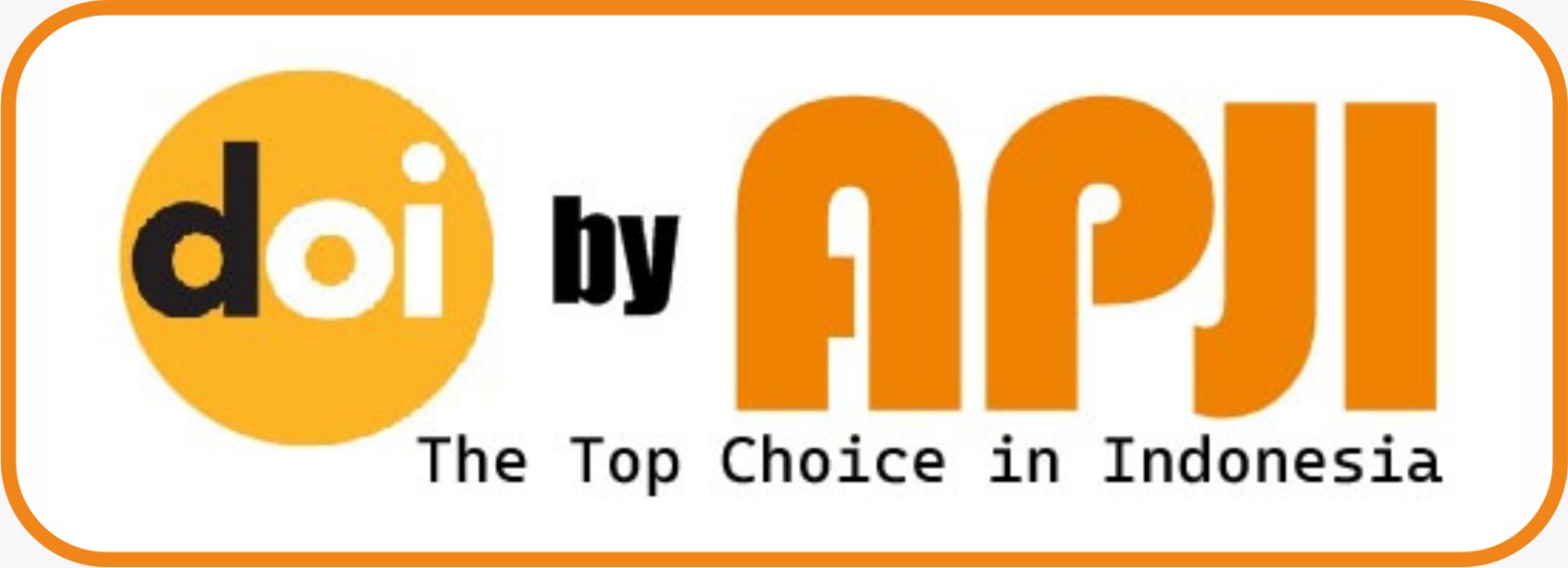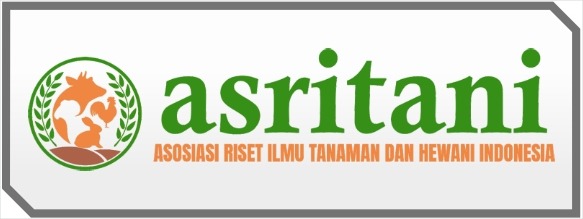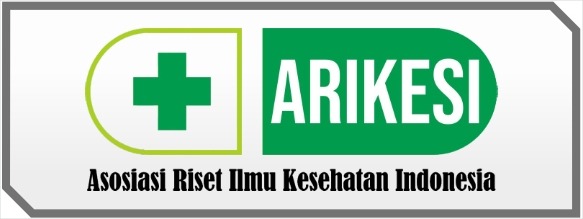Analysis of the Patient's Level of Knowledge and Attitude about BUD (Beyond Use Date) in Sharia Pharmacies
DOI:
https://doi.org/10.69930/jsi.v2i4.511Keywords:
BUD, public knowledge, patient attitudes, pharmaceutical education, drug storageAbstract
This study aims to analyze patients’ level of knowledge and attitudes toward Beyond Use Date (BUD) at Sharia Pharmacy. BUD refers to the time limit after which a drug’s stability and effectiveness can no longer be guaranteed once its original packaging is opened or the medication is compounded. Public awareness of BUD remains relatively low, which poses potential health risks due to improper drug storage and use. This research employs a descriptive cross-sectional approach with purposive sampling involving 95 respondents who completed an online questionnaire. The data were analyzed using univariate and bivariate methods, including the Chi-Square test. Results revealed that the majority of respondents were females (73%) aged 17–25 years (82%), with a high school level of education (58%). Overall, 36.8% of respondents demonstrated low knowledge of BUD, while 63.1% showed a concerned attitude toward the issue. Interestingly, no significant correlation was found between education level and knowledge (p = 0.232), nor between gender and attitude (p = 0.073), although the latter approached statistical significance. The study highlights the crucial role of pharmaceutical personnel in educating patients about proper drug storage, especially concerning BUD. Enhanced community education programs are necessary to improve knowledge and behavior, thereby ensuring safe and effective medication use at home and reducing the risk of adverse drug outcomes.
Downloads
Published
How to Cite
Issue
Section
License
Copyright (c) 2025 Journal of Scientific Insights

This work is licensed under a Creative Commons Attribution-NonCommercial-ShareAlike 4.0 International License.






















